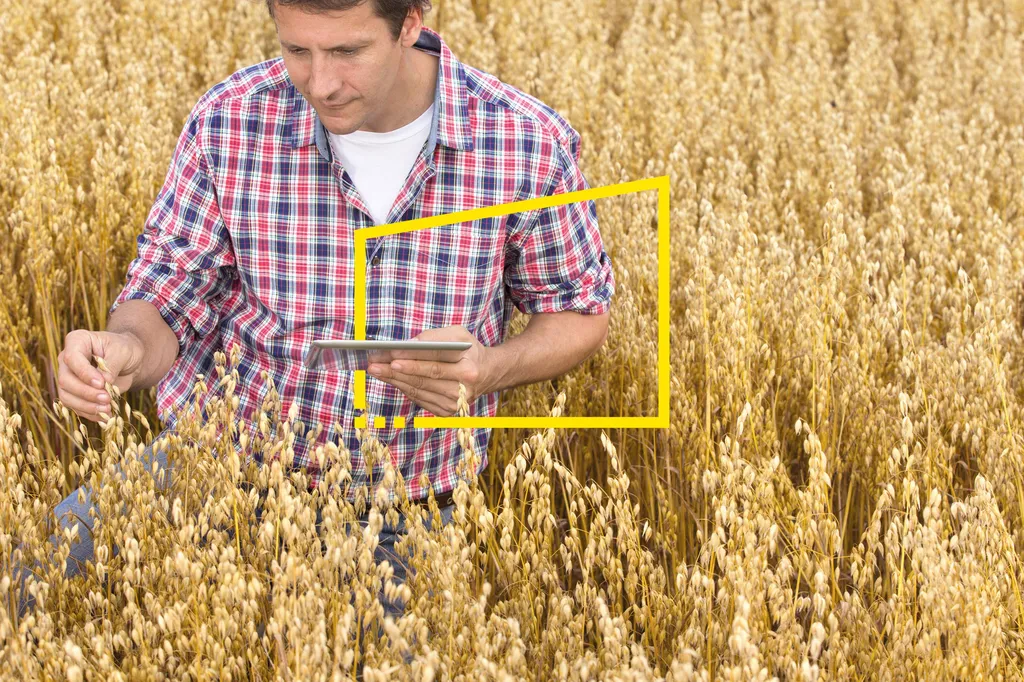In the heart of Bulgaria’s agricultural sector, a digital revolution is quietly unfolding, and a recent study is shedding light on its progress and challenges. Led by Bozhura Fidanska from the Institute of Agricultural Economics in Sofia, the research, published in the journal *Икономика и управление на селското стопанство* (translated as *Economics and Management of Agriculture*), explores the demand and readiness for digital services among farmers, municipalities, and suppliers. The study, part of the DIAGRO project funded by the National Fund for Scientific Research, offers a compelling glimpse into the future of agriculture, with implications that resonate far beyond Bulgaria’s borders.
The research reveals a landscape of stark contrasts. While some regions in Bulgaria are rapidly embracing digital technologies, others lag behind, creating a patchwork of progress. “The differences in the use of digital services among farmers in different regions are quite large,” Fidanska notes, highlighting the uneven terrain of digital adoption. This disparity underscores the need for targeted strategies to bridge the digital divide and ensure that all farmers can reap the benefits of digital agriculture.
The potential rewards are substantial. Digital technologies can streamline operations, enhance efficiency, and foster sustainability in agriculture. By integrating digital services, farmers can optimize resource use, reduce waste, and improve yields. Moreover, digital platforms can facilitate collaboration, enabling farmers, suppliers, and municipalities to share data and insights, ultimately driving collective progress.
However, the study also reveals a significant barrier to digital adoption: a lack of knowledge. Many agricultural producers are unaware of the opportunities that digital services offer for sustainable rural development. To overcome this challenge, Fidanska and her team propose several recommendations. These include targeted education and training programs, as well as policies that incentivize digital adoption and foster a culture of innovation.
The implications of this research extend beyond Bulgaria’s agricultural sector. As the world grapples with the challenges of climate change, food security, and sustainable development, digital technologies are emerging as powerful tools for transformation. By understanding and addressing the barriers to digital adoption, we can unlock the potential of digital agriculture and pave the way for a more sustainable and productive future.
In the words of Fidanska, “The process of digitalization in agriculture is not just about technology; it’s about people, communities, and the future of our rural landscapes.” As we navigate the complexities of the 21st century, her words serve as a potent reminder of the power of digital technologies to drive positive change. The journey towards digital agriculture is just beginning, and the road ahead is filled with promise and potential.

